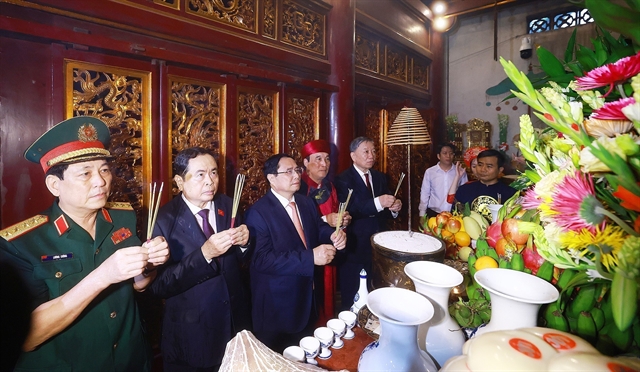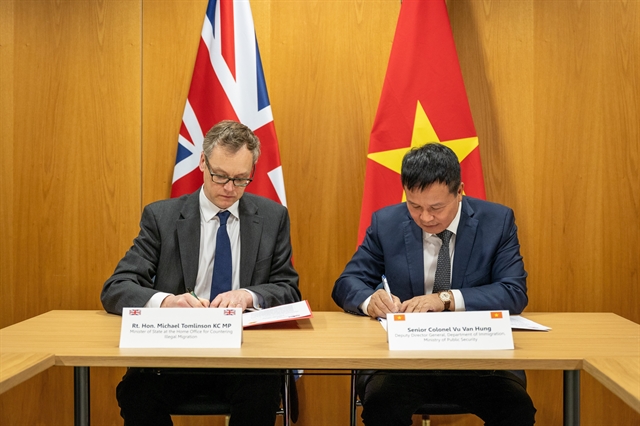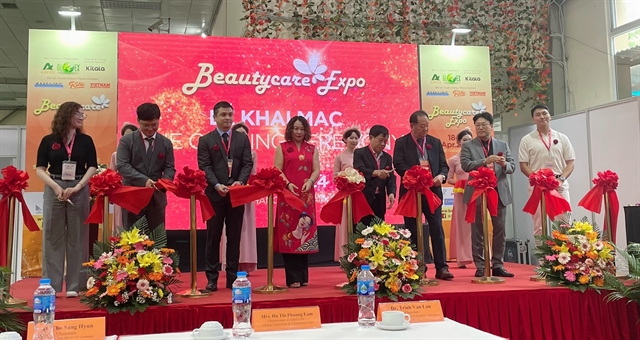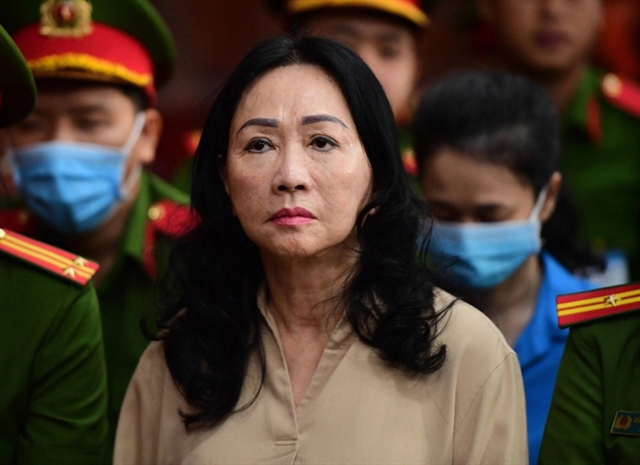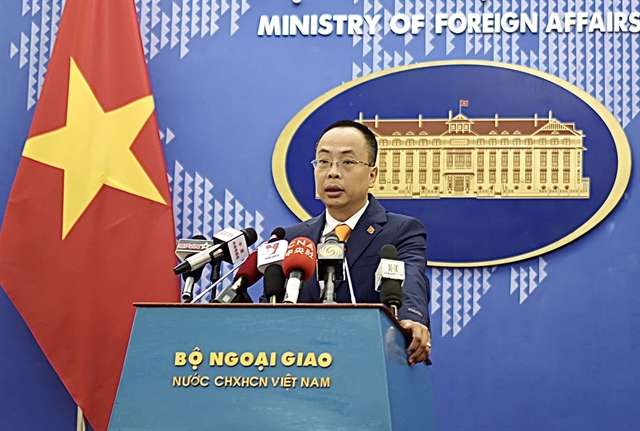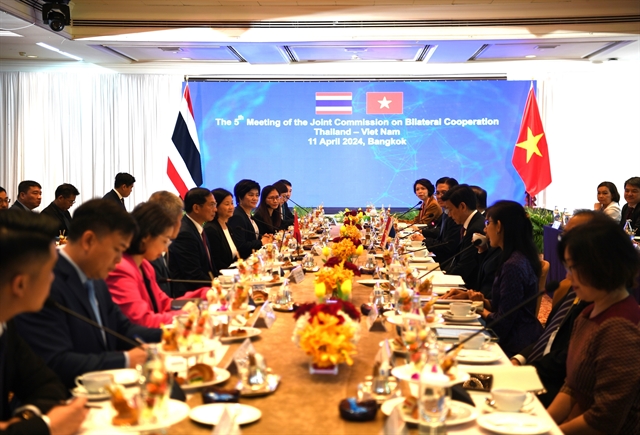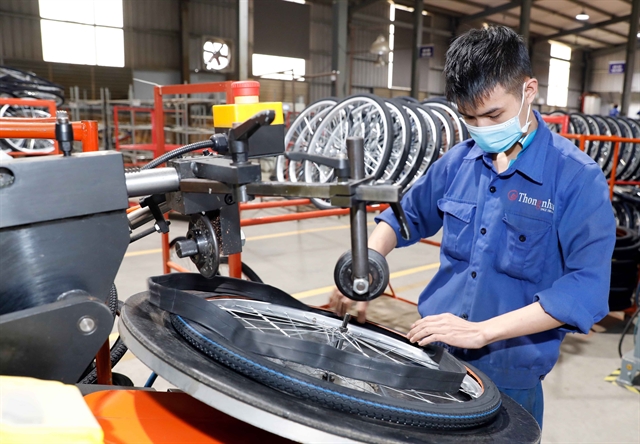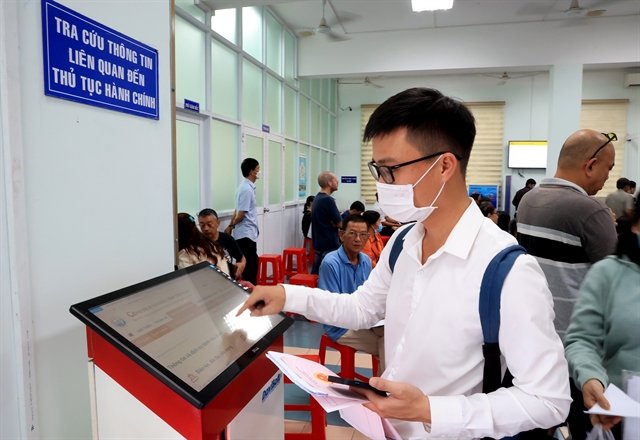 Society
Society
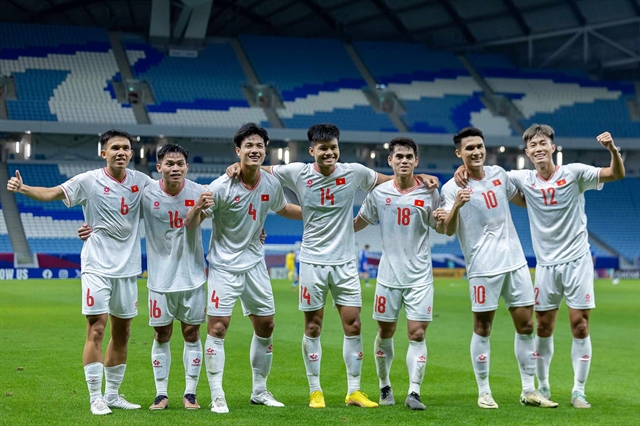
The People’s Committee of HCM City has approved a policy that would help attract experts and scientists, particularly in the fields of IT, biotech, logistics, nanotech, and the support industry, in the 2018-20 period.
 |
| The city has developed a new policy and higher salary levels to attract more experts and scientists to work for the local government. — Photo sggp.org.vn |
HCM CITY — The People’s Committee of HCM City has approved a policy that would help attract experts and scientists, particularly in the fields of IT, biotech, logistics, nanotech, and the support industry, in the 2018-20 period.
The city aims to attract experts who can help develop high-tech zones, economic zones and industrial zones.
The city will develop a recruitment plan and set up a consulting team that will be responsible for selecting the most suitable experts to ensure that all the seclected experts have enough ability to help the city develop its projects most effectively.
Under the policy, the city will provide initial subsidy of VNĐ80 million to VNĐ100 million (US$3,500 to $4,300) to each scientist and expert after they sign a contract.
They will receive a monthly salary based on the coefficient used to calculate the pay of senior experts under Decree 204/2014.
Experts and scientists who are professors will be paid at a coefficient of 9.4, while the others will be paid at a coefficient of 8.8
In addition, experts and scientists will receive an allowance of VNĐ50 million to VNĐ1 billion per person per research project.
The city authority will also provide housing or support 50 per cent of the rent (up to VNĐ7 million per month) for the experts and scientists.
Nguyễn Văn Hậu, chairman of the HCM City Commercial Arbitration Centre, said that besides salaries and allowances, the city must improve the working environment and create networking opportunities for experts and scientists.
The city’s current policies on attracting highly skilled professional have resulted in the hiring of only 15 experts between 2015 and 2017, five of whom are foreigners. Currently, only 10 of these experts are working. — VNS

